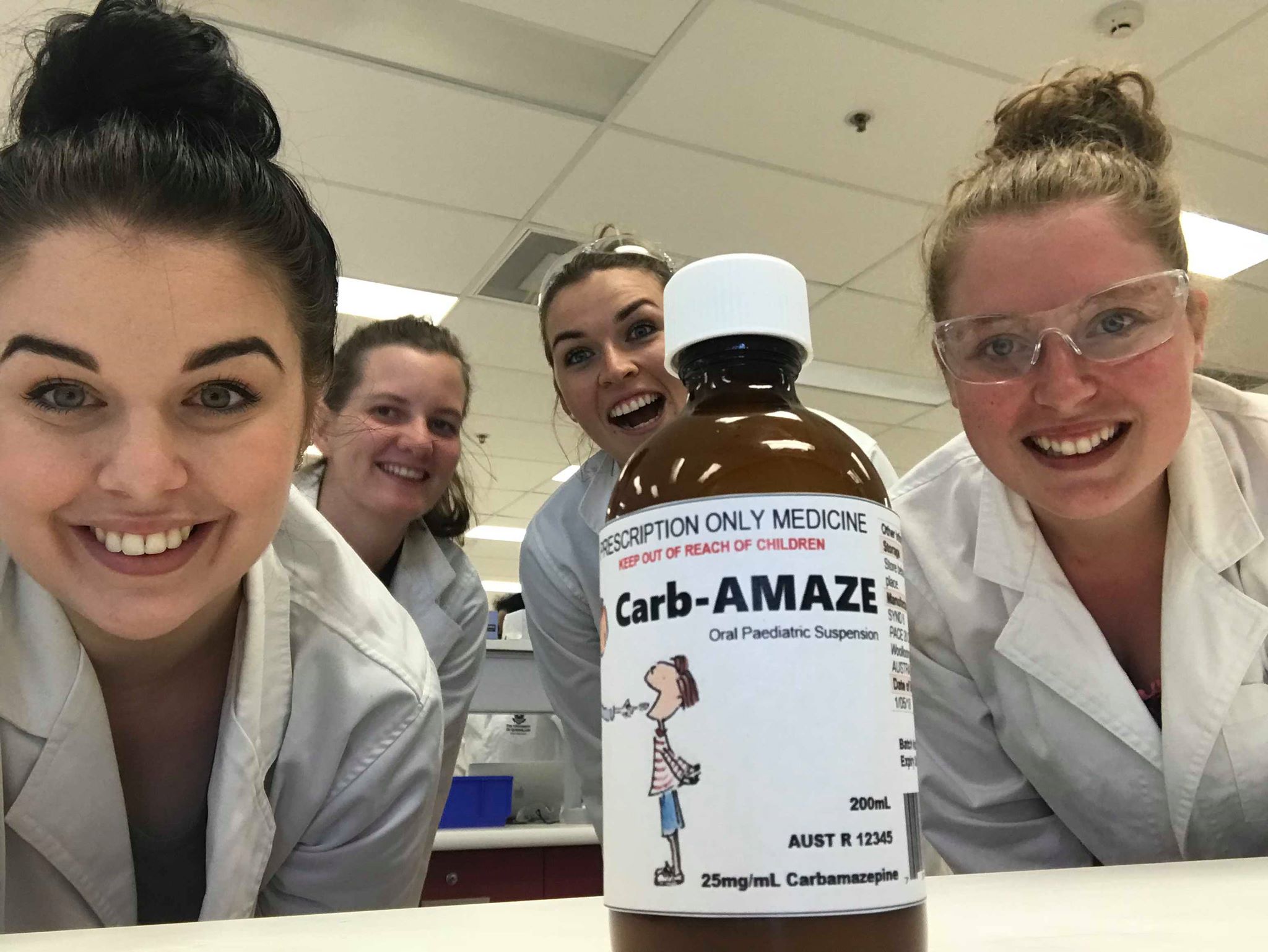Do pharmacists make medicines anymore?
Interested in studying pharmacy? Learn more about the Bachelor of Pharmacy (Honours) at UQ and make a difference in the lives of others.
Pharmacists are often asked whether they actually make medicines, or just put labels on boxes.
While commercial drug manufacturing has come a long way over the last century, every day pharmacists all across Australia are still preparing medicines to meet the specific needs of their patients.
Compounding (the making of medicines for a specific person) takes place at many community and hospital pharmacies across Australia.
Compounding skills are taught in undergraduate pharmacy courses where students learn how to make common dose forms including creams, ointments and tablets.
For most UQ pharmacy students, their final year will include a project where they work in groups to research, design and prepare a pharmaceutical product from scratch.
After graduating, the Pharmacy Board of Australia requires that interns must prepare six products, including one cream to show that they have compounding skills before being fully registered.
Once registered, pharmacists can choose to specialise in compounding as a way to customise medicines to meet specific patient needs. Examples of this include:
- Allergies – some patients are allergic to common medication additives like peanut oil or lactose. Compounded medication can provide the active drug a patient needs with additives that are better tolerated.
- Dose forms that are more suitable to children –A compounding pharmacist can prepare medications that are easier for children and other people with swallowing difficulties to ingest. Examples can include preparing medications as a liquid and/or adding flavouring to improve the taste of medicines.
- Veterinary patients – Due to the varying size and physiology of animals compared to humans, many animal medications have to be compounded by pharmacists to remove excipients that could be harmful to animals such as xylitol gum, or formulate medications with animal-friendly flavours like chicken or beef.
- Dental products – Pharmacists are able to prepare products that can be used by dentists to make dental procedures easier and less painful.
The next time you pass a pharmacy that offers compounding, try and keep an eye out for pharmacist responsible for making medicines!
Study at UQ
Find out more about the Bachelor of Pharmacy (Honours) at UQ.
